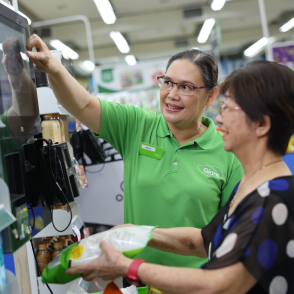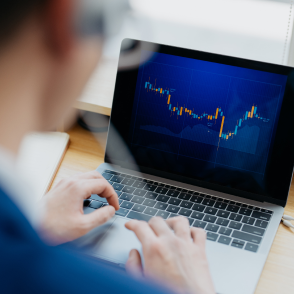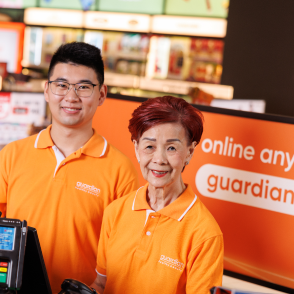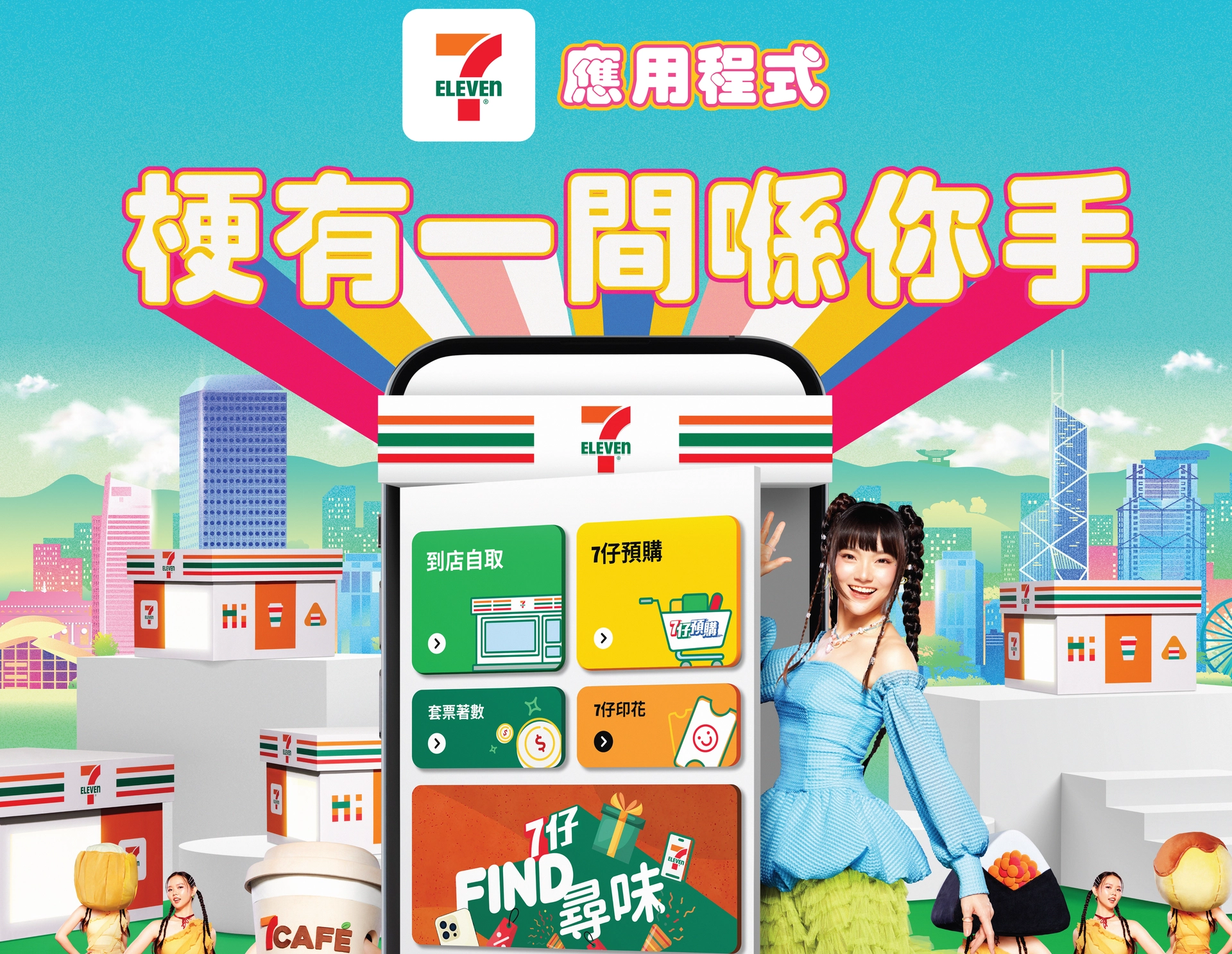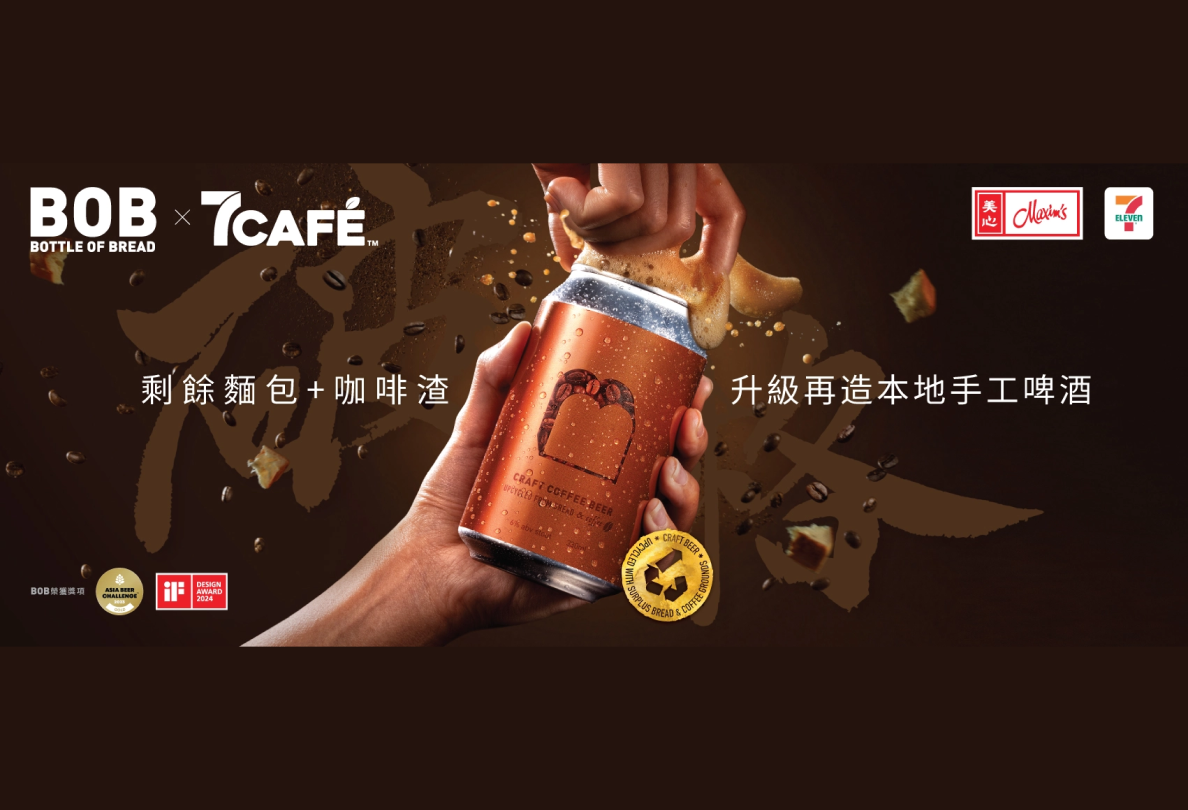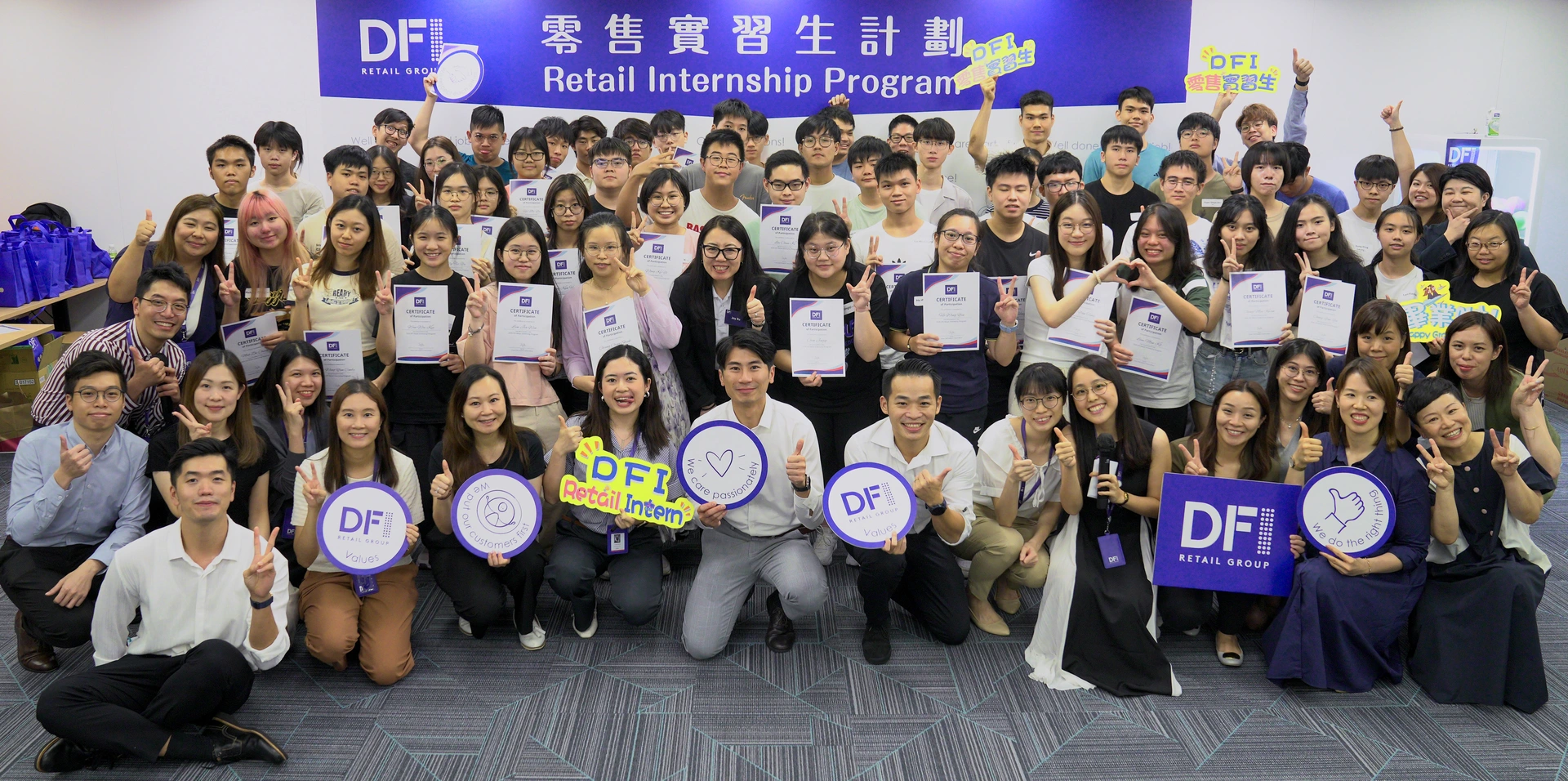Solar Panel Installation – Wellcome Fresh Food Centre, Hong Kong
(15 November 2023) – As a leading pan-Asian retailer operating in multiple markets and serving many communities, ESG (Environmental, Social, and Governance) objectives are an integral part of DFI Retail Group (DFI). With its robust framework and comprehensive strategies, DFI continues to gain recognitions for its ESG practices and performance, two of the recent achievements include Science Based Targets initiative (SBTi) Validation and Improved ESG Risk Rating from Sustainalytics.
“Being validated by credible global organisations is an important milestone in DFI’s growing sustainability journey. Focusing on ESG and in particular the climate impact of our businesses, we are building a more sustainable brand and cultivating a better future with our team members, partners, and investors,” shared Scott Price, Group Chief Executive of DFI Retail Group.
DFI becomes one of the first Asian retailers to receive validation from the SBTi for its near-term emissions reduction targets, aligned with its criteria and recommendations. The validated targets cover Scope 1, Scope 2, and Scope 3 greenhouse gas (GHG) emissions. For Scope 1 and 2, the committed target is to reduce half emissions by 2030. DFI has also pledged separately to achieve net-zero emissions by 2050, with a yearly plan and investments planned to achieve this long-term goal. SBTi has also validated DFI’s scope 3 emissions reduction target, focusing on purchased goods and services (category 1) and other significant categories. These commitments illustrate DFI’s determination to mitigate climate change, safeguarding the planet for future generations.
Most of DFI’s Scope 1 and 2 GHG emissions come from energy consumption and refrigerant gas. To that end, DFI is investing significantly into climate initiatives related to energy efficiency, refrigerant management, and electrifying the fleet. For Scope 3, DFI is working with suppliers on their emissions reduction ambitions.
SBTi is a global body enabling businesses to set ambitious emissions reduction targets in line with the latest climate science. It provides companies and financial institutions with a clear roadmap and guidance to reduce greenhouse gas emissions in alignment with the Paris Agreement targets to keep temperature rise within 1.5 degrees Celsius by the end of the century.
DFI has also achieved a significant improvement in Sustainalytics’ independent ESG Risk Rating, a world leading ESG rating provider, going from 25.3 in 2022 to 22.9 in 2023. This represents a ranking improvement from top 50% to top 29% in the Global Food Retail sub-industry. DFI’s Sustainalytics’ overall management score, which assesses the robustness of a company's ESG programs, practices, and policies, is also rated as “Strong”.
This improvement represents external validation of the strong ESG management that has been performed by the DFI, despite above-average risk exposure for the sub-industry. Efforts include proactive climate risk management in line with Task Force on Climate-related Financial Disclosures (TCFD) recommendations, board involvement in managing DFI sustainability issues, such as the SBTi validated emission reduction target, and supply chains audited against ethical standards.
Morningstar Sustainalytics is a global leader for reviewing the sustainability of listed companies based on their environmental, social and corporate governance performance. Its ESG Risk Ratings measure a company’s exposure to industry-specific material ESG risks and the management of those risks.
DFI Retail Group (the ‘Group’) is a leading pan-Asian retailer. The Group provides quality and value to Asian consumers by offering leading brands, a compelling retail experience and great service; all delivered through a strong store network supported by efficient supply chains.
The Group (including associates and joint ventures) operates under a number of well-known brands across food, health & beauty, 7-Eleven, IKEA, yuu Rewards, restaurants and other retailing.
1 Scope 1 covers emissions from sources that an organization owns or controls directly; Scope 2 are emissions that a company causes indirectly and come from where the energy it purchases and uses is produced; Scope 3 encompasses emissions that are not produced by the company itself and are not the result of activities from assets owned or controlled by them, but by those it’s indirectly responsible for up and down its value chain.
